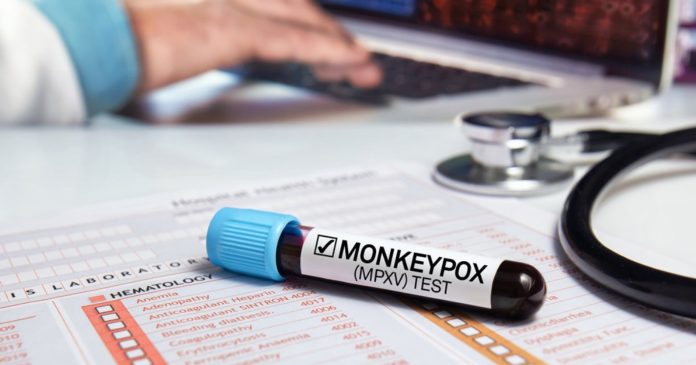The World Health Organization (WHO) has approved the first in history vaccine from smallpox, produced by the Danish company Bavarian Nordic . This step marks an important breakthrough in the fight against the disease, which only this year has taken their lives at least 643 people in Africa.
The drug, which is a double -dose vaccine, has been approved for use in people from 18 years of age. However, WHO also gave recommendations for the use of infant vaccines, children, pregnant women and people with weakened immunity, when potential benefits outweigh the possible risks. This is important for protecting the most vulnerable categories of the population.
In cases of limited access to the WHO vaccine allows you to use a one -time dose, but with mandatory monitoring of efficiency and safety. This solution is a response to the vaccine supplies around the world.
Bavarian Nordic , a pharmaceutical company that has announced the vaccine, announced that it could set an additional 50 million doses within the next 12-18 months. It depends on the demand and approval of regulatory bodies of different countries. The company also declared plans to release 13 million doses by 2025.
In addition, the company is negotiating with the world regulators to permit a new way of production of the vaccine, which will accelerate its release and help to respond to the global need for the prevention of this disease.
Small of monkeys is a viral infection that causes purulent skin lesions and has symptoms similar to influenza. Although the disease usually occurs in mild form, it can lead to death in some cases. The infection spreads through close physical contact, including sexual. There is no evidence that the virus spreads airborne, as it was with previous global pandemics.
WHO has previously been criticized for the fact that the vaccine approval process has taken too long, despite the urgent need to combat the spread of smallpox. Now that the vaccine is approved, it is hope that it will be a decisive step in deterring the disease and its further spread, especially in Africa, where the situation is most critical.


